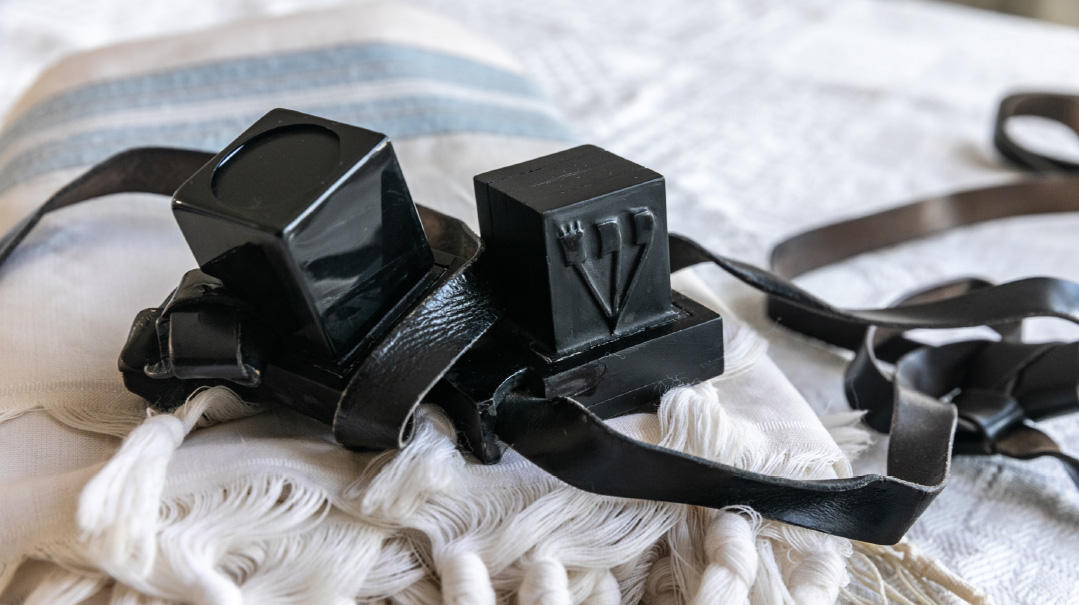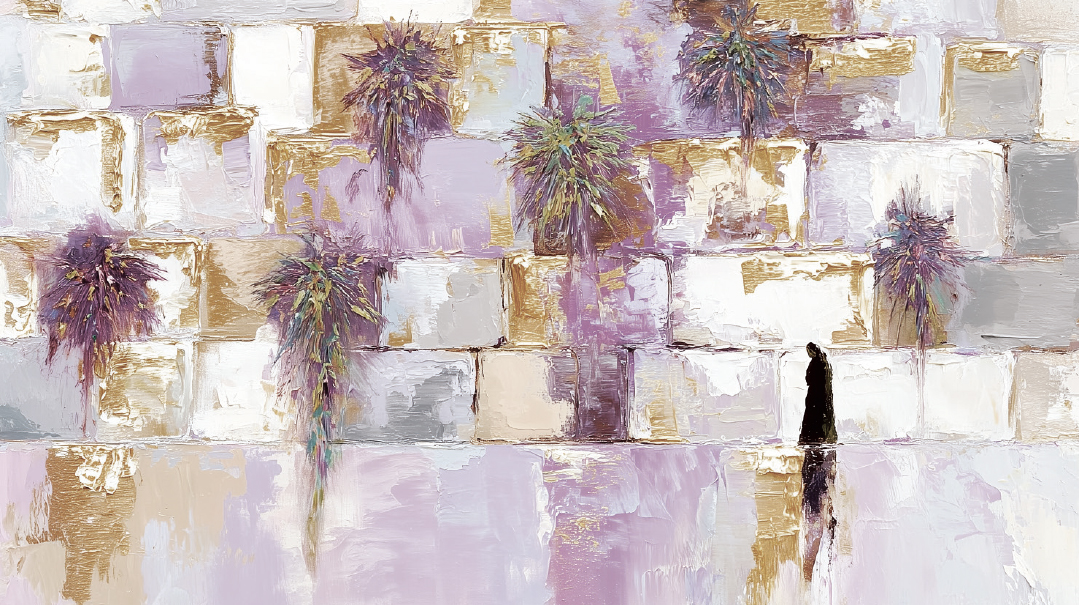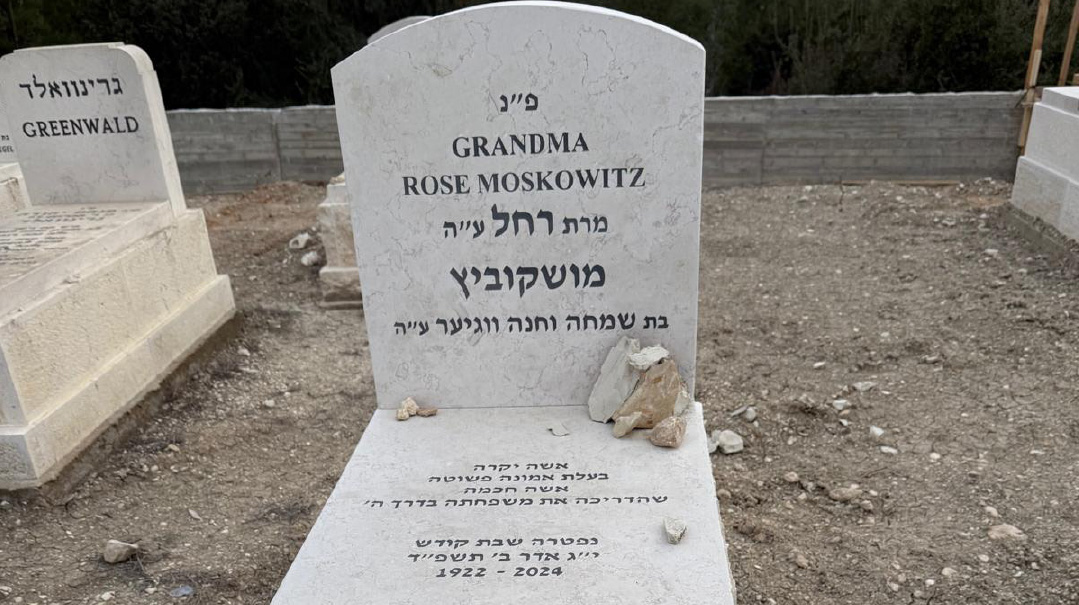Look Up
| July 22, 2020Why were they able to reach these plateaus of true inner happiness and purpose, and I can’t?
As a young boy, I was privileged to daven in a shtibel that, for its time, had a modern edifice. It had a balcony for the ezras nashim, and was blessed with acoustics that allowed every word of the baal tefillah to be heard in every nook and cranny.
Six fans hung on the walls bobbing their heads right to left, left to right, to provide seconds of relief as the air swept past your face. The shtibel boasted an honest-to-goodness, permanently built brick succah. Schlock, windows, doors, tables, and benches. There was a stove that upon its flames perpetually perched a 60-gallon pot with a spigot so there was always adequate hot water for “a glezzele tei.” The “scents” (essence) were piles of tea bags in a jar soaking in water. One or two drops of that liquid brewed that perfect cup of tea. The tiny fridge held the “limoneh” (lemon), and the closet, sugar, spoons, and glasses.
Then, the people. Each with a story of pain, loss, and horrors. Warsaw Ghetto, Auschwitz, Siberia, early ’20s in the US; yet they managed to smile, raised choshuve families, and were content. I can fill pages describing their depth of character, incredible personality, their awesome erlichkeit and cheishek haTorah.
Reb Zundel was the gabbai. While his word was law, he was an inspiration as well.
It was rumored he had a grocery. Not sure who ran it, because he was always in the beis medrash learning. His left hand gripping the edge of the bench acted as a fulcrum for his shuckeling. His right index and middle finger pointing into one of the many well-used Gemaras with the ubiquitous glezzele tei at his right.
Don’t you dare talk in shul, because you would get a “petshel” from Reb Zundel as he patrolled during chazaras hashatz. No one minded.
So when it came to Elul, with great trepidation, Reb Zundel walked up to the bimah and blew shofar before L’Dovid. A chill traveled up and down the spines of each and every one of the mispallelim.
This seriousness, awe, and erlichkeit permeated every molecule in that beis medrash. The entire Yamim Noraim in that shtibel engendered these same feelings in me. A question always nagged me since. Why were they able to provide, capture, and inspire this Divine connection to the Above, and I can’t?

Oops! We could not locate your form.






